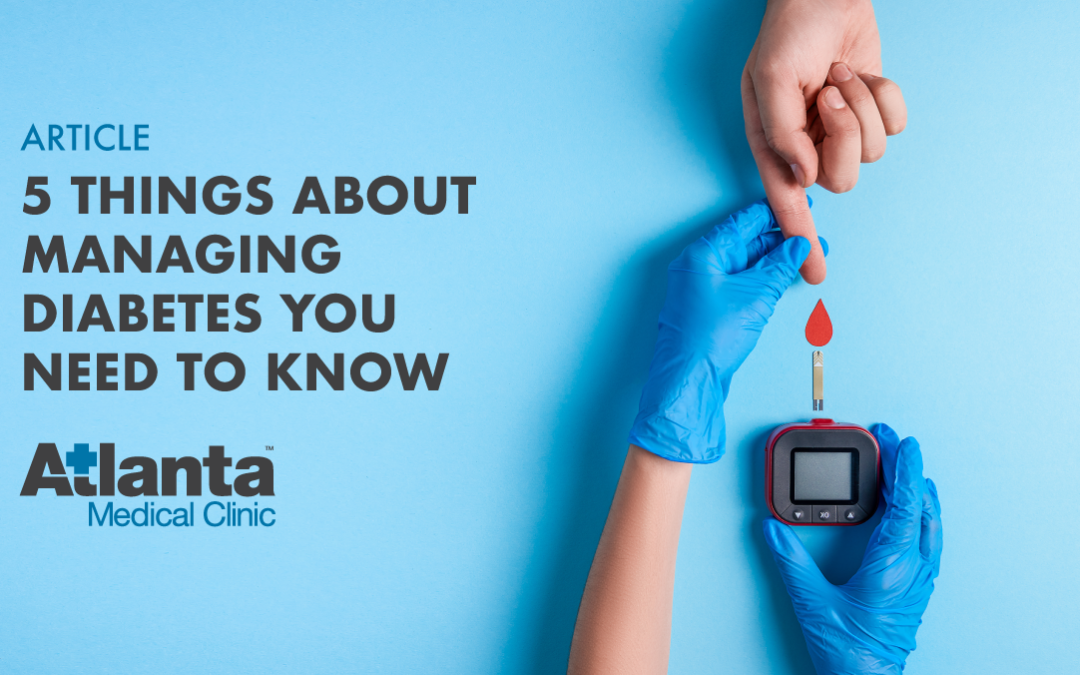Living with diabetes is physically and emotionally challenging. Individuals with either type I or type II diabetes must constantly monitor their blood glucose levels, stick to a diabetic-friendly diet, and take medication as instructed by their physician.
For some diabetics, it’s still not enough. Although they diligently comply with their doctor’s orders regarding diet, exercise, and medications, they often find their blood sugar spiking unpredictably or fluctuating enough to disrupt their daily activities. Unfortunately, unmanageable diabetes may cause multiple health issues that could be severe enough to require hospitalization.
5 Dangers of Uncontrolled Diabetes
High Blood Pressure
High levels of blood glucose can damage blood vessels and make it harder for the heart to pump blood throughout the body. Glucose is a sticky substance that clings to the inner walls of your blood vessels and reduces the space inside through which blood flows. The National Institutes of Health (NIH) estimates that people with diabetes are twice as likely to experience a severe stroke or heart disorder than adults who don’t have diabetes.
Depression
Managing any chronic disease is stressful and time-consuming and diabetes is no exception. Research indicates a clear correlation between diabetes and the onset of depression due to the chronic nature of the disease.
When someone is depressed, they will neglect to engage in proper self-care, forget to take medications, eat unhealthy foods and gain weight due to lack of exercise. All of these things are dangerous to people with diabetes because it creates a harmful cycle of habits that feed diabetic complications.
Liver Functioning and Insulin
Insulin is necessary to promote enzyme activity within the liver and is vital to optimal liver functioning. When glucose levels rise and too much accumulates in the blood, the liver can no longer store all of this excess glucose. As a result, glucose is converted into fatty acids rather than energy, resulting in health problems like weight gain, joint pain, and neuropathic pain.
Hypoglycemic (Diabetic) Shock
For individuals who must take insulin for their diabetes, hypoglycemic shock is possible anytime their blood glucose levels fall below 20-50 mg/dl. Symptoms of hypoglycemic shock include shakiness, rapid heartbeat, severe headache, mental confusion, and unconsciousness.
Obesity
Excess insulin not only prevents fat from converting into energy but also increases the production of fatty acids in the liver. Obesity is a primary cause of circulatory system disorders in diabetics. Other diabetes complications caused by high levels of insulin and weight gain include thyroid disease, pancreatitis, increased risk for cellulitis, and kidney failure.
Infusion Treatment for Diabetics Can Help You Manage Your Diabetes
If you are having trouble controlling your diabetes and are searching for Atlanta diabetes treatments that work, the Atlanta Medical Clinic has good news! Infusion treatment for diabetics is a safe, effective, and clinically researched method of using insulin as a hormone instead of prescription medication. By identifying insulin as a hormone, your body naturally processes insulin so that cells can convert glucose into energy more quickly.
Contact the Atlanta Medical Clinic today for information about how you can start receiving infusion treatments for diabetics with either type I or type II diabetes.


I came across your ad and am int
Hi John!
We added your email to our mailing list and will send you the next email newsletter with details about our treatments. In the meantime you can call us at 404-872-8837 and schedule a free consultation with one of our specialists.